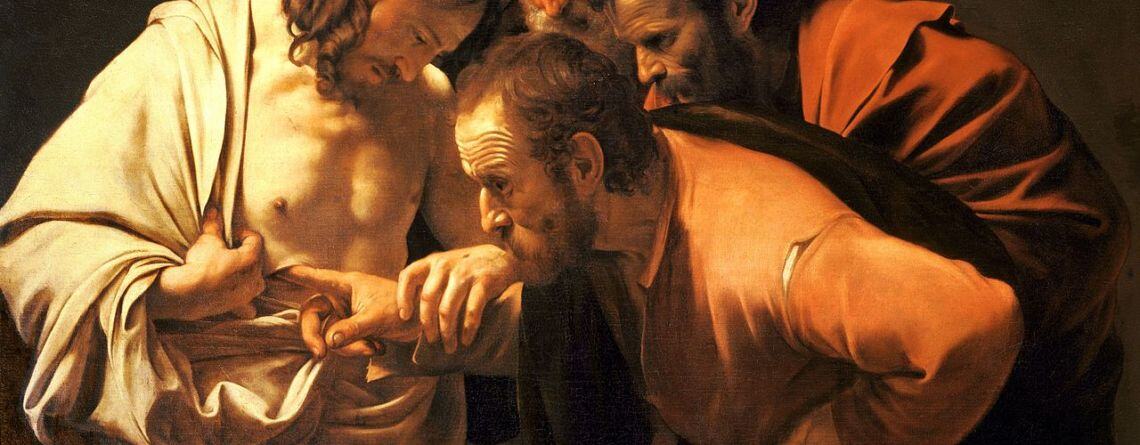Most all Christians have heard of “Doubting Thomas.” They can tell with ease the well known story of his refusal to believe the disciples’ claim that Christ had appeared to them. It may not always be used with an air of condemnation, but Thomas’ doubt remains the defining mark of this particular disciple.
Login to read more
Sign in or create a free account to access Subscriber-only content.
Topics:
